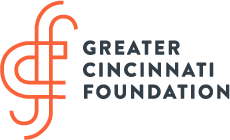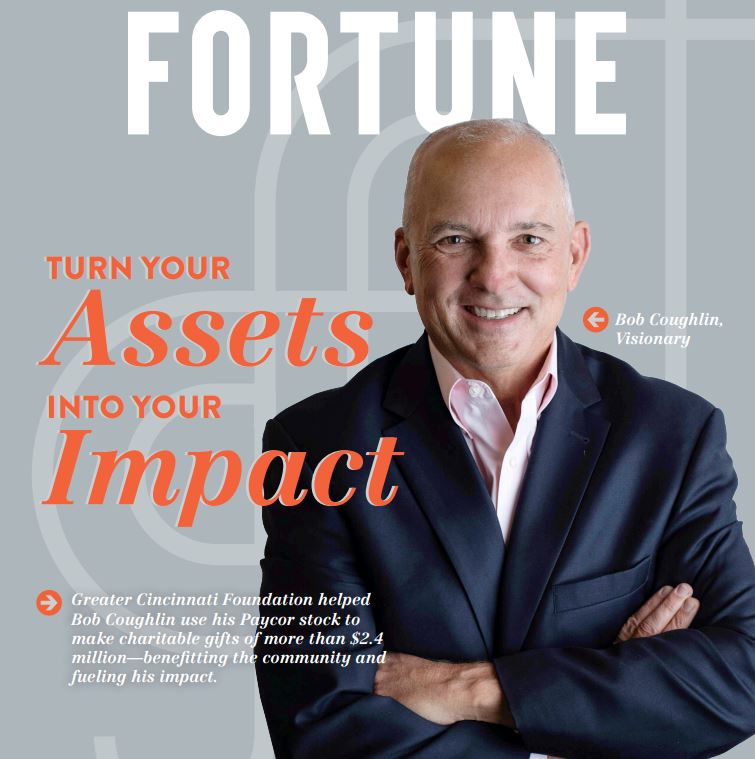Tools and Resources
Our team works alongside you to achieve your client's unique charitable goals, whether they are maximizing federal and state tax benefits, reducing costs and administrative burdens, or finding a way to truly connect their giving with personal values.
Let's Connect, We Can:
- recommend the best fund type to suit your client’s financial and philanthropic goals.
- provide specific information about local organizations that are making a difference in our community.
- compare the advantages of establishing a donor advised fund, a supporting organization, or a private foundation. Clients who have already established a private foundation may consider also setting up a donor advised fund or supporting organization at GCF to take maximum advantage of the tax laws favorable to charitable giving.
- create a charitable giving plan tailored to your client’s specific philanthropic interests.
- meet with you and your clients to discuss how GCF can help them achieve their charitable goals.
Connect

Michele Carey, CAP®
Director, Professional
Advisor Relations
513-768-6171
michele.carey@gcfdn.org
Gifting Business Assets
Greater Cincinnati Foundation helped Bob Coughlin use his Paycor stock to make charitable gifts of more than $2.4 million—benefiting the community and fueling his impact.
Read moreGreater Cincinnati Foundation helped Erica and Kevin McDonnell create the Skyline Chili Community Fund with $8 million in Skyline stock— funding preschool education and fueling their impact.
Read moreLearn more about how your clients can maximize tax savings and amply their impact by Gifting Business Assets.
Professional Advisor Toolkit
Shareable Resources for Your Clients
10 Indicators to Identify Charitable Prospects
1. Appreciated Property
Your client is considering selling appreciated property. (She can avoid recognizing capital gains by donating the property prior to sale.)
2. Closely-held Stock
Your clients would like to take their closely-held company public. (If closely-held stock is donated to charity prior to an initial public offering, any capital gain can be captured for charitable purposes and will not be taxable to the donor upon sale.)
3. Highly Appreciated Securities
An elderly client who already has several charitable bequests in his will would like to sell some low-dividend, highly appreciated securities. (He will likely earn a larger income stream by donating the securities to complete a charitable gift annuity or a charitable remainder trust, and any tax payable on realized capital gains would be spread over a number of years.)
4. Monetary Gift to Individuals
Your clients would like to provide some type of monetary gift to one of their housekeepers, gardeners, neighbors, nieces or nephews. (They could establish a charitable remainder trust or a charitable lead trust to benefit that third party. Some gift tax consequences may result, but they’ll receive the added benefits of an income tax deduction, possible deferment of capital gains tax, and the knowledge that their gift benefits a person and one or more charities that they cared about during their lifetime.)
5. Bonus
One of your clients calls to celebrate the large bonus she will be receiving this year. (She could elect to set aside a portion of that bonus to make a charitable gift to a donor advised fund. This would allow her to offset taxable income with a charitable deduction, and she would retain the right to suggest grants to her chosen charities over a number of years.)
6. Avoid Capital Gains
A retired client complains to you because of the low-yielding, appreciated securities he wishes to sell but can’t because he does not want to pay the capital gains tax. (If his goal is to earn an income stream, he might establish a charitable remainder trust or a charitable gift annuity, thus spreading the gain over a number of years and reaping the income based on the full fair market value of the stock. If his goal is diversification, he can establish a donor advised fund that will allow him to suggest grants over a number of years, with no capital gains tax liability for the donated stock.)
7. Estate Planning with No Heirs
A single person or couple without children come into your office to receive advice on an estate plan. (He or she might wish to leave a legacy to the community, rather than to distant relatives, friends, or the government.)
8. Retirement Funds and IRA Assets
Your client discovers she has a large retirement fund of which her heirs will receive only $.25 to $.30 on the dollar. (If the client has charitable intent, charitable gifts of IRA assets are ideal because GCF is tax-exempt and will have no income or capital gains tax effects and would result in income and/or estate tax deductions for the donor.)
9. Transferring Family Business
Your client informs you of his desire to transfer the business he founded to members of his family. (He can give the shares to GCF and obtain a tax deduction based on the appraised value of the stock. His children can then buy back shares at their appraised value, and a charitable fund remains to benefit the community.)
10. Benefiting Family
Two unmarried sisters come into your office and inform you they would like to benefit each other financially through their estate plans. (Each might establish a testamentary charitable remainder trust to benefit the other during her lifetime. At their death, a charitable legacy will succeed them.)


